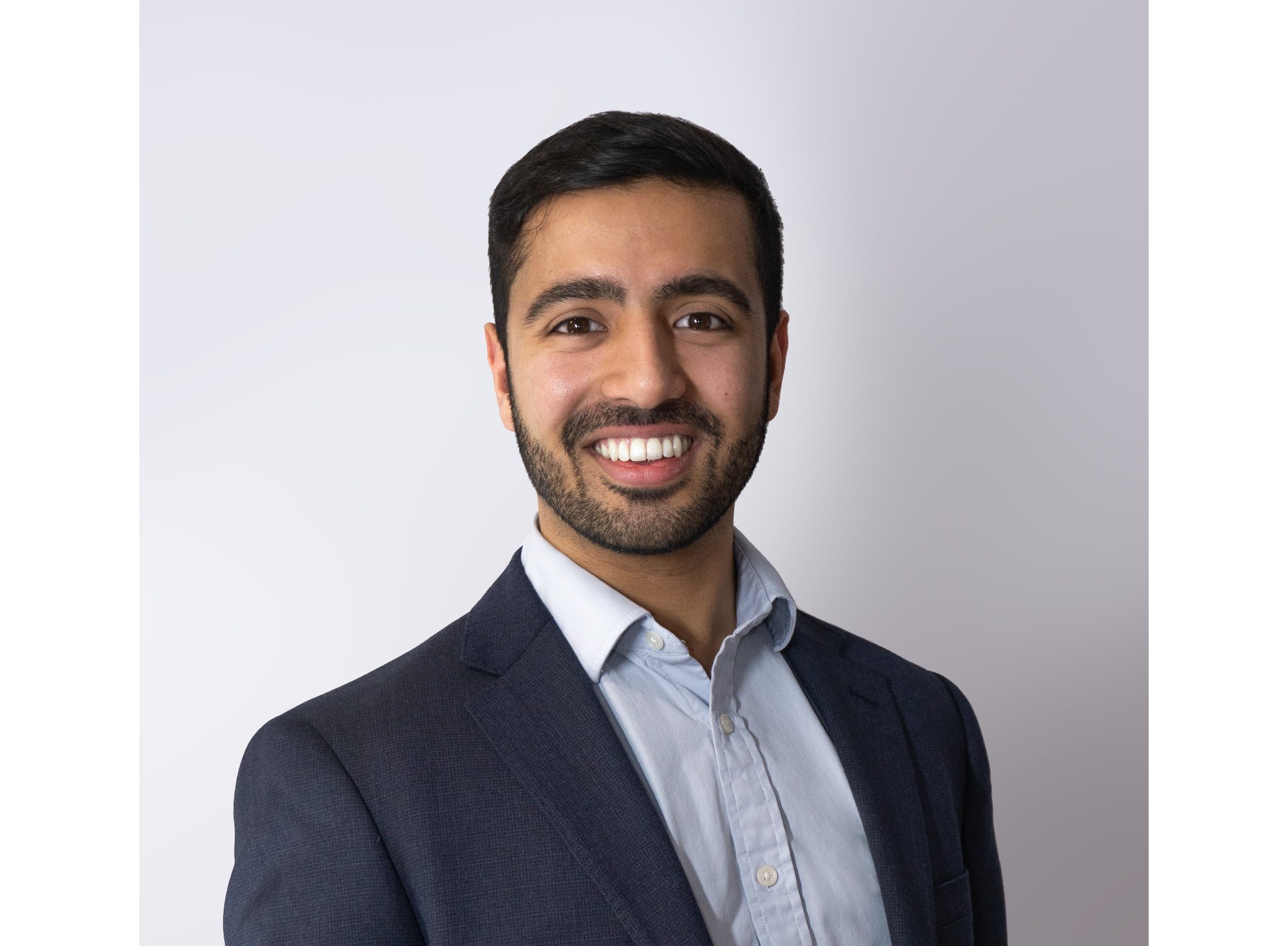
- Programme studied: BSc Management
- Year of Graduation: 2018
- LinkedIn
After graduating from BSc Management in 2018 and then working in finance in London, Akshay Lakhani unfortunately fell ill with tuberculosis. During the illness, he left his career at Deloitte to join Hydrotec, a leading international water treatment company with technologies including bacterial control, filtration and scale control, and to co-found Copper Cover, which provides innovative self-disinfecting surfaces. He is now passionate about improving public health through his work, is studying an MSc in Health Policy at Imperial College London and working with a tuberculosis pharmaceutical company to raise public awareness of tuberculosis and antimicrobial resistance.
Tell us about your career journey since graduating from LSE?
The BSc Management programme is very broad and provides a great theoretical foundation across all aspects of business. At Deloitte LLP, I qualified as a Chartered Accountant, and through this course, I was able to translate key accounting and financial concepts into my role at the beginning of my career there. On the other hand, in my role as a Director at Copper Cover, I am able to reflect on the foundation from LSE, incorporating everything from managing operations and to company culture. The business is focussed around new technology of self-disinfecting surfaces. The strategic decisions we make are important and directly impact public health. Having exposure to such strategic theory at an early-stage of my career, during the BSc, has served as a great foundation for my later endeavours.
Can you share with us what your current role is and what motivates you in that role?
During the COVID-19 pandemic, I unfortunately contracted tuberculosis. There was a difficulty in diagnosis, as medical practitioners were unable to distinguish between COVID-19, tuberculosis and lung cancer. I am, of course, incredibly grateful to the frontline health workers, and they are the reason I am still alive today. However, this issue delayed treatment for several months. During this experience, I became passionate about healthcare and moved to the health sector, as I wanted to do everything possible to prevent others from going through the experience I went through.
At Hydrotec, I am now involved in helping design hospitals across the UK and internationally. My work helps to ensure that patients and medical personnel are protected and not infected by the water used in hospital settings, for example for sterilising medical instruments, to being able to drink the tap water safely using our ultraviolet/chlorine dioxide/other technologies. I also help design many other buildings to ensure there is safe water, outside of the healthcare sector, protecting the users of these buildings, such as LSE! At Copper Cover, we minimise pathogen transmission via surfaces with our self-disinfecting technology. Improving health systems and public health more broadly is my calling, which is a concept I learnt about during the Organisational Behaviour module of the BSc!
What is it like working in medium-sized enterprises vs a large corporation like Deloitte?
There are certainly significant differences. Working at Deloitte gave me a strong foundation in finance in a corporate setting and was a good start to my career. Now, at Hydrotec, I am at the frontline of our client-facing work and able to see real impact with the buildings we help design and construct. I am also able to work with our factory in Germany in developing new innovations for water treatment, and forming part of our long-term strategy is very important to me. At Copper Cover, given my motivations and position, I have different responsibilities compared to my time at Deloitte. I am now involved in, and oversee key business areas, such as strategy, finance, and marketing, which is incredibly exciting but has its own challenges. Of course, the end goal of improving public health makes it all worthwhile.
What is one piece of advice you would share with current students or recent graduates looking to follow in your career footsteps?
Resilience is incredibly important, personally and professionally. The biggest challenge I have faced has, without a doubt, been tuberculosis. I continued to work during the illness, as much as I could, but this was a near-fatal experience. I managed to change the challenge into an opportunity, however, and have now pivoted my career to one dedicated to healthcare. Resilience has been critical in this. I recommend current students and recent graduates to persevere - in the current climate with pandemics, invasions and other crises, resilience is vital!
What do you plan to do next?
In the short-term, we are in the middle of our first hospital trial at Guy’s and St Thomas’ Hospital with the Copper Cover technology. I am working more broadly with the NHS in the UK to implement this across the country, and whilst this may take some time, the potential public health gains are worth it. At Hydrotec I am working on designing water treatment at the new hospitals the UK Government are building, as well as many other projects nationally and internationally.
In the medium-term, we are developing new technologies and products at Copper Cover and at Hydrotec, which I am working on in the background and will be working on more in the future.
In the long-term, I am not sure! I would like to continue my work in the health sector. As long as I am having a positive impact, I will be happy whatever I am doing.